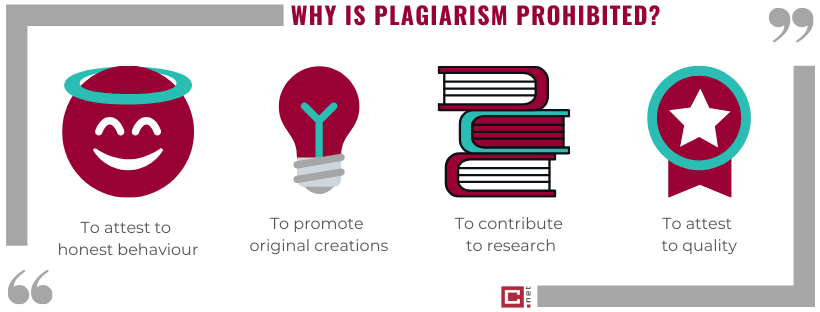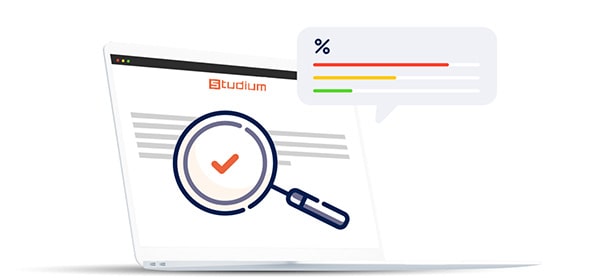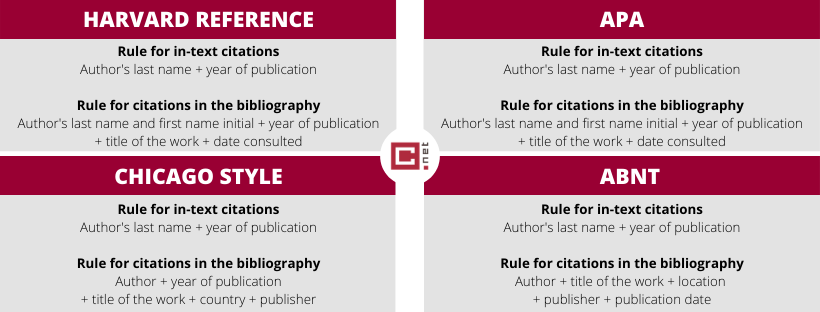6. How do I cite anonymous sources?
When the author is known (an identified source), you should put the quotation in quotation marks and follow the quotation rules and bibliography format chosen or required by the school.
"Better to lose your watch than waste your time" Jean Brassard
Quotation from the website West France on the Quote of the Day page.
When the source is unknown (anonymous source), you should generally do the same thing and replace the author's name with "anonymous". There are, however, a few exceptions, such as referencing an anonymous source from an interview or a quote.
Example of anonymous source from an interview according to APA format:
- In-text citation: (Anonymous, personal communication, March 10, 2025)
- Bilbiography: in APA format, personal communications (interviews, e-mails, private discussions) are not included in the list of references.
Example of anonymous source from a citation in an article according to APA format:
If a quotation comes from a report or article that mentions an anonymous author, the information must be referenced with the title of the document instead of the author's name.
- In-text citation: ("Government Report on Cybersecurity," 2023, p. 15)
- Bibliography: Government Report on Cybersecurity. (2023). National Security Agency. https://www.nsa.gov/






